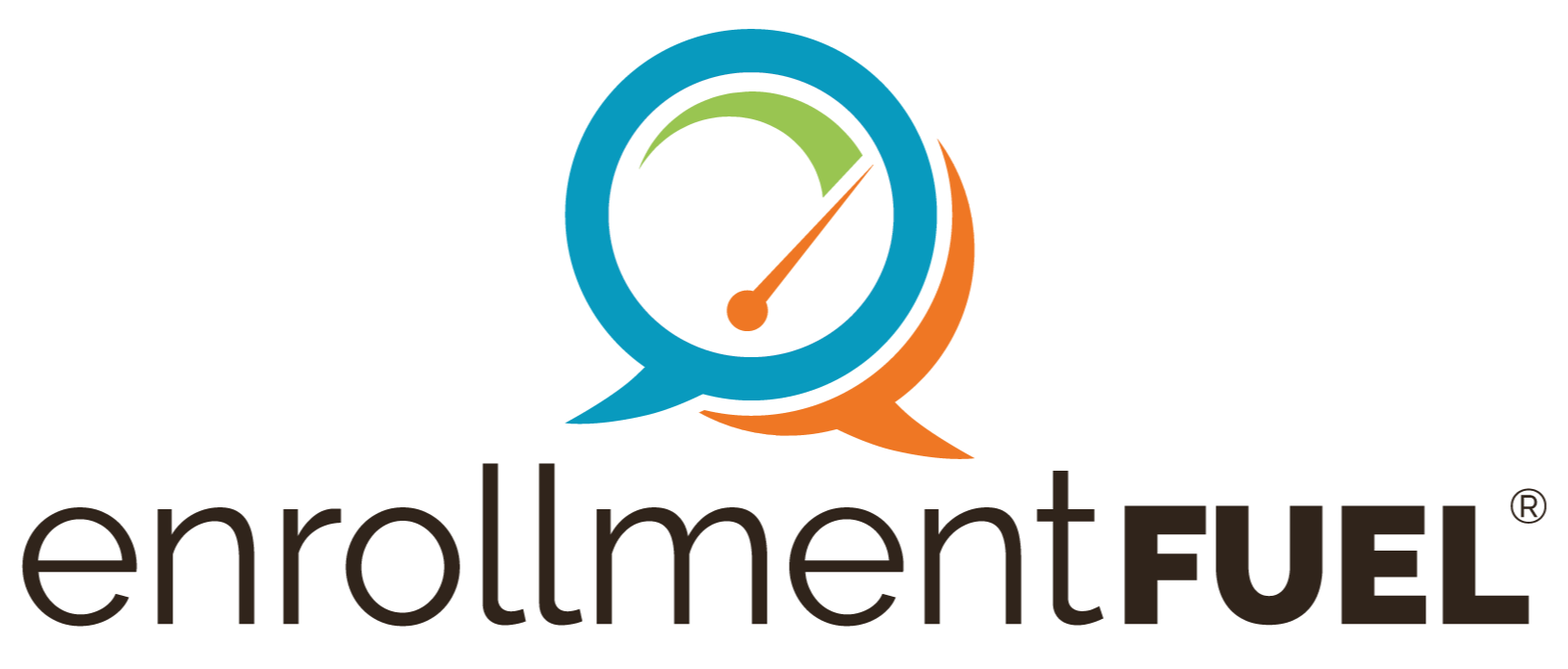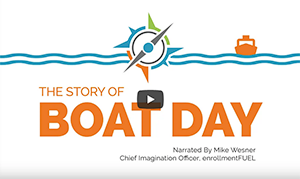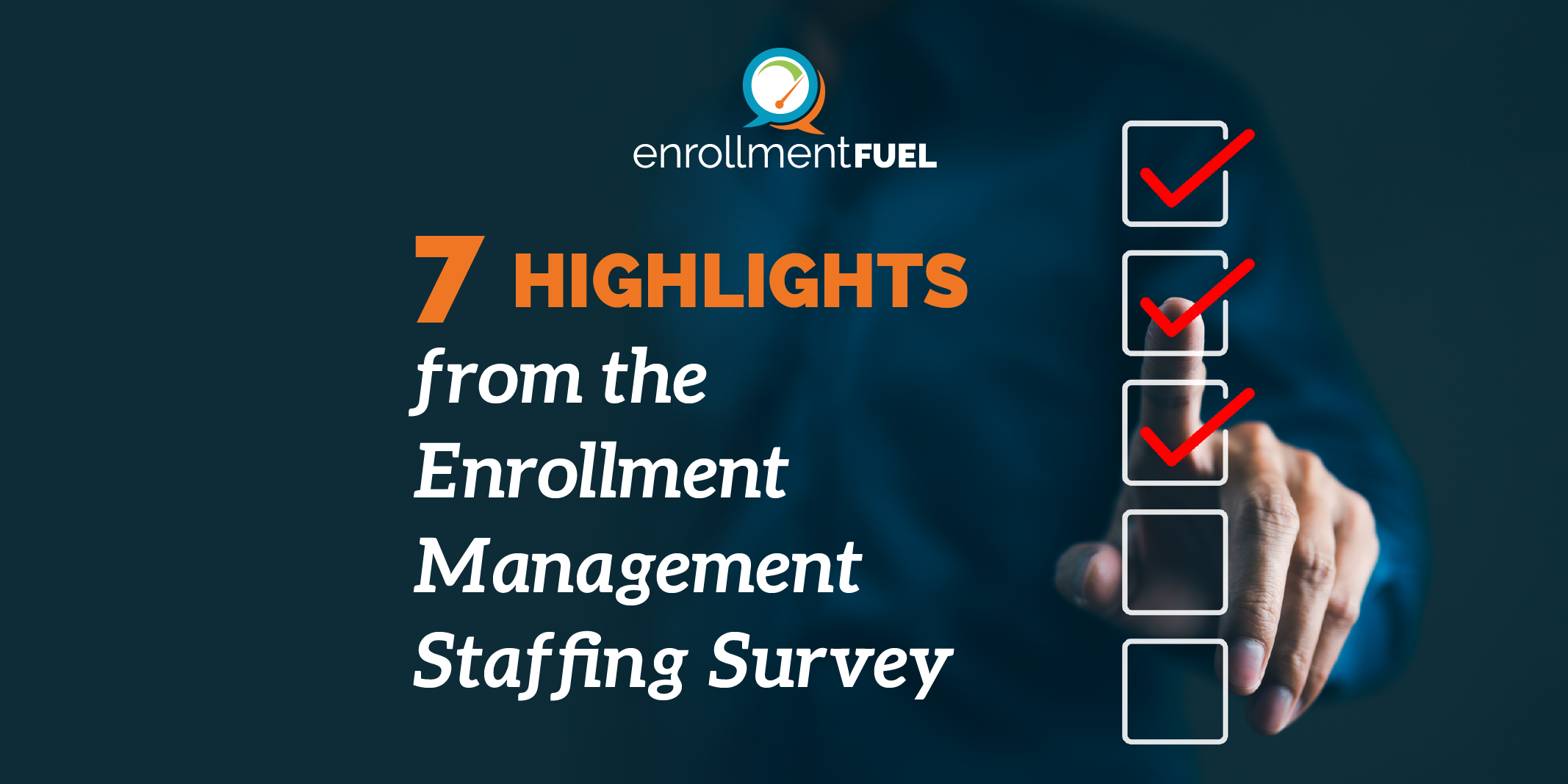Increasing enrollment is at the heart of every marketing goal in the higher education world. Seems like an easy enough task, right?
In the ever-expanding digital world, it often feels harder than it looks. Fear not; we are here to help!
How to succeed in higher education digital marketing
1. Targeted Paid Advertising
The opportunities digital marketing holds can be fantastic but overwhelming at times. The sheer volume of advertising platforms available makes it difficult to choose where to advertise, let alone who exactly should be seeing your ads.
Being able to target specific groups of people is key for institutions looking to increase enrollment numbers. Targeted ads can be broadcast across:
- Search engines such as Google
- Social media platforms like Instagram, TikTok, LinkedIn, and Facebook
- On TV through streaming services such as Hulu
The more you’re able to narrow down your target audience, the better your chances of successfully catching the eye of a new student or their parents.
Factors such as age, household income, location, and job type are crucial categories to consider. Ad creative and copy tailored to your target demographic is a great way to draw in your desired audience. A targeted ad sent to households at a certain income level in zip codes near a popular feeder high school will generally be more effective than a more generic ad sent to an entire city.
2. Search Engine Optimization (SEO)
Strategic Search Engine Optimization (SEO) is vital to making sure your content reaches your target audience. When writing copy, selecting the right keywords, title tags, and meta descriptions helps increase search engine visibility and drive traffic to your school organically.
Tools like Semrush and Google Keyword Planner can help you pinpoint those keywords and trends that relate to your school most, giving you a strong starting point for optimizing your content.
Effective SEO allows your school to show up at the top of search pages and reach a wider audience. A higher search engine ranking also increases brand visibility, audience trust, and clicks, which may lead to more applications!
3. Social Media and Influencer Marketing
In today’s world, social media is used as both a community-sharing space and a search engine. If interested in a school, a high schooler may go to TikTok first to see what life looks like for current students before they go to Google. Having your school’s videos pop up at the top of the page is a significant advantage.
According to the 2023 Niche Juniors Survey, current students are most influential for students who are deciding which college to attend. Tapping into influencer marketing by hiring students to create TikTok or Instagram posts detailing their life at your school is a great way to have content that can grow organically over time, and bring a human element to your school’s marketing strategy. You may also want to hire student ambassadors to post to your social media channels. They’re adept at incorporating current trends, pop culture references, and visual styles to help foster a sense of community and relatability.
Social media is the perfect space to showcase your school's unique differentiators, highlight student life, and give a glimpse into what day-to-day life as a student on (or off) campus looks like.
4. Creative Optimization for Mobile
Your ad copy is ready to go, your target audience selected, and social media platforms picked out—but when previewing your ad, it looks pretty underwhelming. What happened?
Optimizing your ad for mobile is critical for catching the viewer’s attention mid-scroll. Editing ad creative to fit the correct image size and resolution for each platform ensures legibility and image quality. In-feed ads on platforms, such as Instagram, should be full-size, high-quality images that visually communicate the atmosphere of your school. Short and sweet is best for headlines, and be sure to include your school’s logo somewhere in the image.
Stuck on the design bit? Incorporating your school colors and images of real students and professors offers a succinct visual overview of what you are offering while still being brand-cohesive and fun!
5. Strategic Use of Data Analytics
Fun designs and top-ranking keywords are great but would mean nothing without data analytics. Data informs who and where to target, what people are searching for, which ad designs perform best, what platform gets the most interaction, and so much more.
Digital advertising data can be daunting, even overwhelming on the surface. However, understanding it and using it to make informed decisions is essential to any successful marketing campaign. Most platforms have their own analytics space with categorized breakdowns of your ad performance to help you navigate the data insights. Using this data to further tailor ads is a great way to narrow down target audiences and understand how to reach them better. Data is your friend, not foe!
What other top digital marketing tips do you have for higher education? We’d love to hear them!
About the Author
Jessie Arnold
Jessie, with a BFA from The School of the Art Institute of Chicago, transitioned her artistic roots into a dynamic career encompassing design, social media, and marketing. Her creative prowess has become the cornerstone of crafting seamless campaigns that captivate diverse audiences. With expertise spanning content creation, social media advertising, and web design, she wields a wealth of strategies to elevate both client-partner and audience satisfaction. You can reach Jessie anytime at Jessie.Arnold@enrollmentFUEL.com.
Related Articles
Social Media Influencers – Macro, Micro – Wait, There’s a Nano Now?
In Student Search and enrollment marketing, articles have started to pop up about institutions...
Authenticity Still Matters in Your Enrollment Management Strategy
In our age of carefully curated social media feeds featuring beautifully filtered photos, it can be...
Higher Ed Blog Articles | 5 Ways to Reach Your Audience on TikTok
Are you looking for new ways to reach your target audience and engage with them on social media?...




